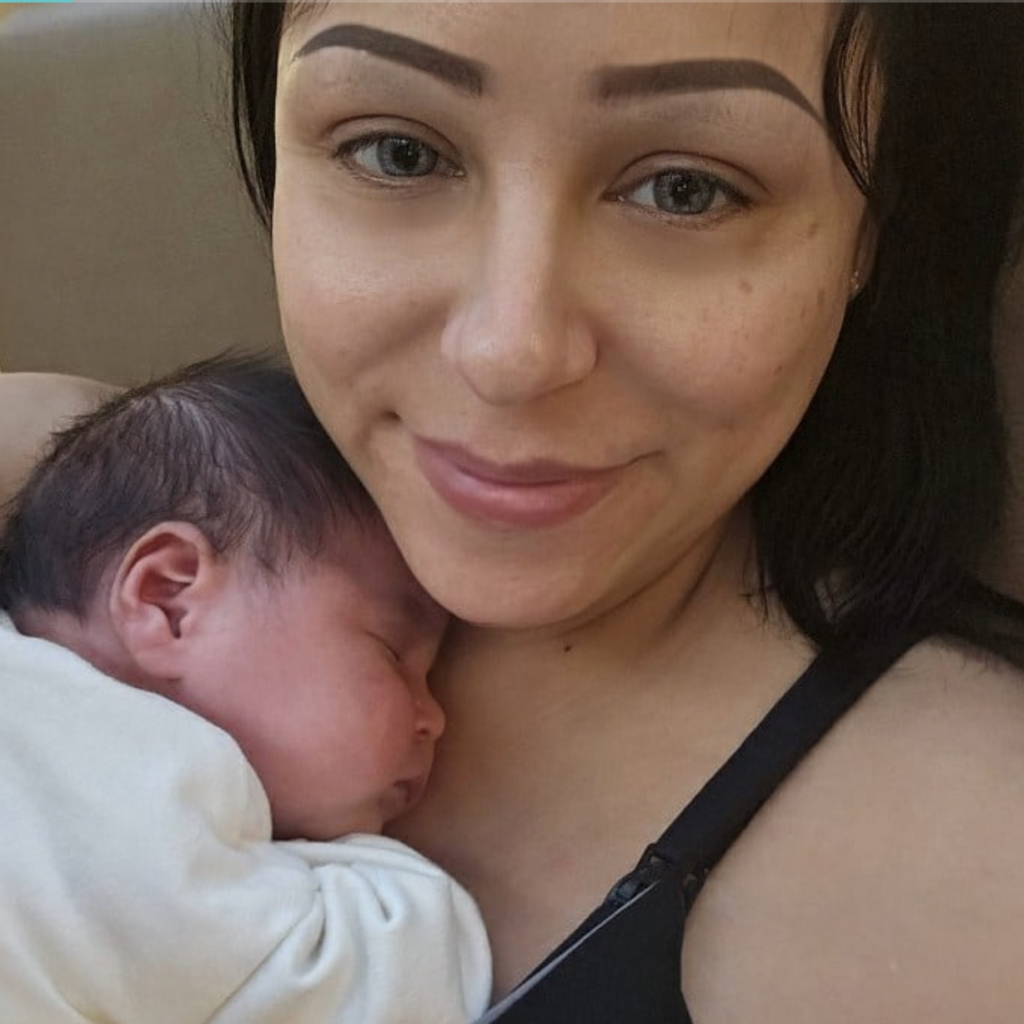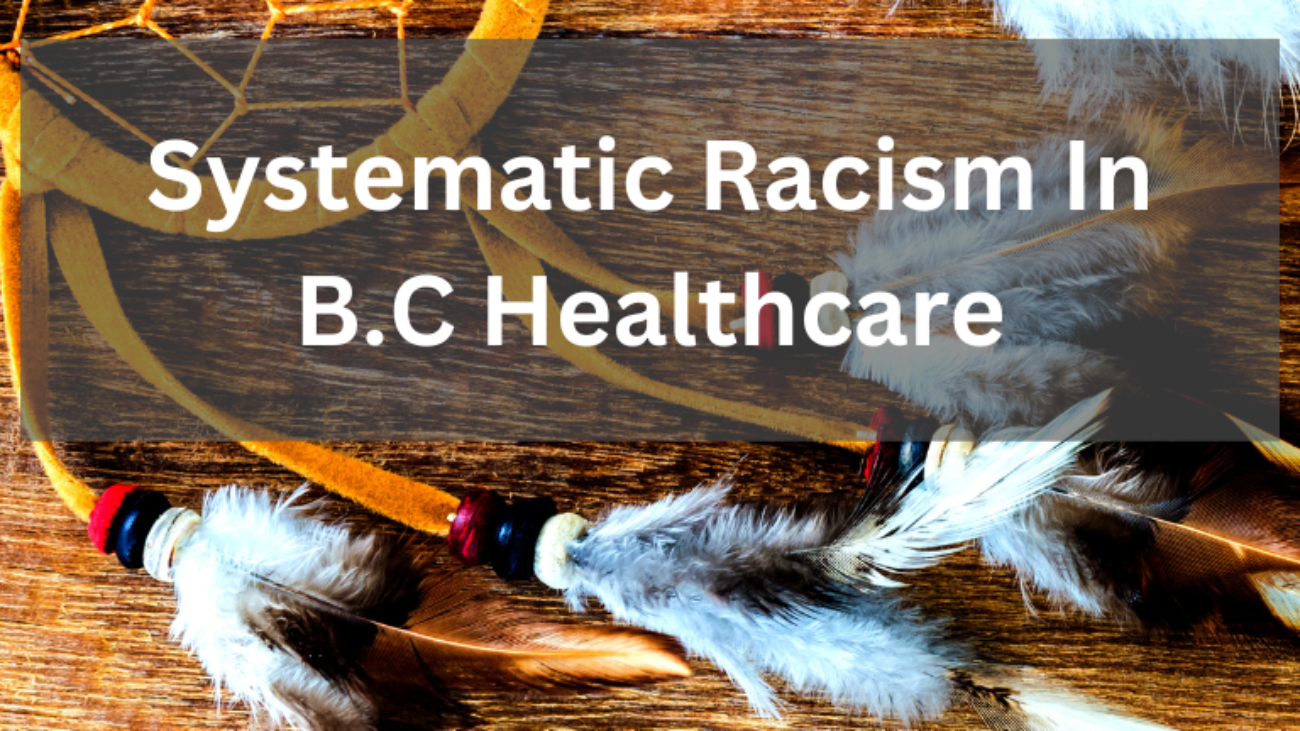The healthcare system is meant to be a sanctuary where individuals receive compassionate care and support. However, for Indigenous peoples in British Columbia (BC), recent incidents have spotlighted the disturbing reality of racism within the healthcare system. One particularly egregious case involves a Cree mother whose newborn was apprehended, revealing not just the injustice of the apprehension but also the shocking insensitivity and racism she faced from a social worker. In this blog post, we will delve into this distressing incident and its broader implications for Indigenous maternal care in BC.
The Heart-Wrenching Experience
The story of the Cree mother, whose newborn was taken from her by social services, sheds light on the systemic issues and racism entrenched within BC’s healthcare system. What adds to the distressing nature of the situation is the reported behavior of the social worker involved, who allegedly told the grieving mother to ‘stop wailing’ during the traumatic separation from her newborn.
This callous response epitomizes the lack of empathy, cultural understanding, and respect for Indigenous traditions and emotions within healthcare institutions. It reflects a systemic problem that has plagued Indigenous maternal care in BC for far too long.
Roots of Systemic Racism
The incident is a stark reminder of the historical and ongoing racism faced by Indigenous peoples within the healthcare system. It echoes the deep-seated biases, stereotypes, and cultural insensitivity that Indigenous individuals often encounter when seeking healthcare services.
Indigenous peoples in BC have historically faced discrimination, marginalization, and cultural erasure, leading to a deep distrust of healthcare institutions. This lack of trust is perpetuated by incidents like the one experienced by the Cree mother, further exacerbating the disparities in maternal care and health outcomes for Indigenous communities.
Urgent Need for Change
This distressing case underscores the urgent need for systemic change within BC’s healthcare system:
- Cultural Competency Training: Mandatory cultural competency training for all healthcare professionals is essential to ensure a better understanding of Indigenous cultures, traditions, and perspectives.
- Accountability and Support: Holding individuals accountable for discriminatory behavior and providing support to Indigenous families facing traumatic experiences within the healthcare system is crucial.
- Community Engagement: Involving Indigenous communities in decision-making processes regarding maternal care policies and practices is vital for culturally safe healthcare delivery.
- Policy Reforms: Implementing policy reforms that prioritize cultural safety and address systemic racism within healthcare institutions is imperative.

Chelsey Woodward and her newborn daughter before she was apprehended by a social worker on Oct.19.2023
The recent incident involving the Cree mother and her newborn serves as a distressing wake-up call, highlighting the pervasive racism and lack of cultural sensitivity within BC’s healthcare system. This case is not an isolated incident but rather a symptom of larger systemic issues that require immediate and concerted action. It’s imperative to dismantle the structural barriers and biases that hinder Indigenous individuals from receiving the compassionate, culturally safe, and equitable healthcare they deserve. Every member of society, regardless of cultural background, deserves to be treated with dignity, respect, and empathy within healthcare settings. It’s time to enact meaningful change to ensure a healthcare system that serves all individuals with equity and compassion.


